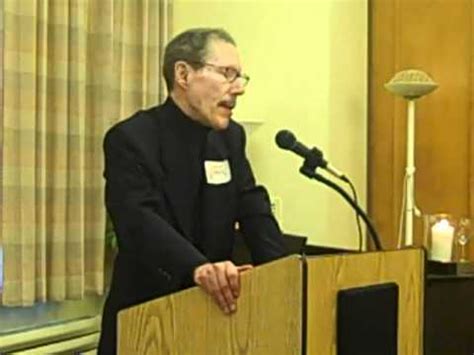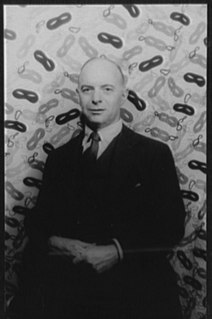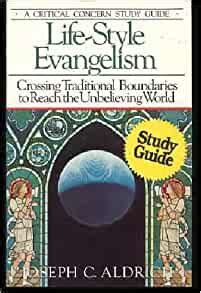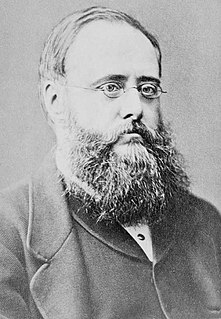A Quote by Richard Rohr
In the last years, I've been reading the Eastern fathers, the older mystical writings, a rich, deep, and truly traditional Christianity which most Western Christians know almost nothing about. It is very mystical and prayer centered Christianity, with a strong social conscience.
Related Quotes
Catholicism is the big house of Christianity. It's got many, many rooms in it. And I've always been attracted to the rooms which are to do with prayer. The mystical strain is the strain whereby the whole day can be given over to prayer through what we call lectio divina, prayerful reading of Scripture, through practice of meditation of when one uses the imagination and the intellect with respect to images, and then finally, and most difficult of all, contemplation, where one empties the mind of all images and all ideas, all concepts, in order to be completely attentive to God.
Bolshevism is to be reckoned with Mohammedanism rather than with Christianity and Buddhism. Christianity and Buddhism are primarily personal religions, with mystical doctrines and a love of contemplation. Mohammedanism and Bolshevism are practical, social, unspiritual, concerned to win the empire of the world.
Nominally a great age of scientific inquiry, ours has become an age of superstition about the infallibility of science; of almost mystical faith in its non-mystical methods; above all-which perhaps most explains the expert's sovereignty-of external verities; of traffic-cop morality and rabbit-test truth.
The best argument for Christianity is Christians: their joy, their certainty, their completeness. But the strongest argument against Christianity is also Christians-when they are somber and joyless, when they are self-righteous and smug in complacent consecration, when they are narrow and repressive, then Christianity dies a thousand deaths.
Judaism, Christianity, and I'm sure other religions also, are having to deal with the fact that they may or may not have lived up at all times to the injunctions of their own mystical center. For instance, when I went to Sunday school, I remember learning more about Jewish history than about God. So, once again, that doesn't mean there's anything wrong with the Jewish religion, it just means that sometimes people are not fed the mystical food - the spiritual food - of their own religious background.
I have noticed that the Christianity of a certain class of respectable people begins when they open their prayer-books at eleven o'clock on Sunday morning, and ends when they shut them up again at one o'clock on Sunday afternoon. Nothing so astonishes and insults Christians of this sort as reminding them of their Christianity on a week-day.
It has been left to the last Christians, or rather to the first Christians fully committed to blaspheming and denying Christianity, to invent a new kind of worship of Sex, which is not even a worship of Life. It has been left to the very latest Modernists to proclaim an erotic religion which at once exalts lust and forbids fertility . . . The new priests abolish the fatherhood and keep the feast - to themselves.
There were honest people long before there were Christians and there are, God be praised, still honest people where there are no Christians. It could therefore easily be possible that people are Christians because true Christianity corresponds to what they would have been even if Christianity did not exist.
No civilisation, not even that of ancient Greece, has ever undergone such a continuous and profound process of change as Western Europe has done during the last 900 years. It is impossible to explain this fact in purely economic terms by a materialistic interpretation of history. The principle of change has been a spiritual one and the progress of Western civilisation is intimately related to the dynamic ethos of Western Christianity, which has gradually made Western man conscious of his moral responsibility and his duty to change the world.
The historical relationship between Christians and Jews for most of the two thousand years of Christianity has not been good and it's been mostly persecution by Christians of Jews - not all the time, not every place, but mostly it's been that. I think that's just a terribly regretful thing. I don't see it anywhere in the Scriptures that I read, that Christians are to persecute Jews. I think it's been quite damaging. I think it's been a bad witness.






































